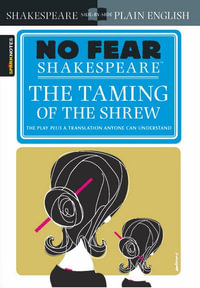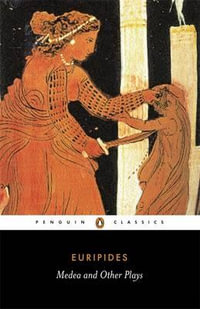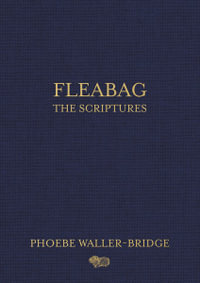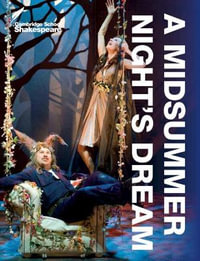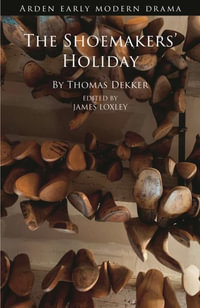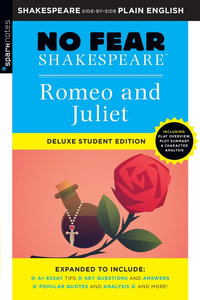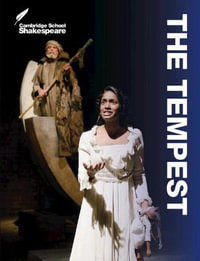Oscar Wilde's complex identity, as family man and homosexual outsider, socialite, socialist and Irish nationalist, underpins his unique insight into role-playing and the masks we all wear. A Woman of No Importance, for all its charm and wit, exposes an aristocratic world as smug, snobbish and morally bankrupt. An Ideal Husband portrays a glittering diplomatic gathering which is revealed as a masquerade to cover up the shady past of a prominent establishment figure. Lady Windermere's Fan is a brilliant critique of conventional morality. In The Importance of Being Earnest every character is revealed as leading a hypocritical double life, while Salome and A Florentine Tragedy deploy historical settings to explore the politics of sex and gender in contemporary society. Wilde was undoubtedly a brilliant and witty wordsmith. Yet, as Richard Cave shows in his Introduction, Wilde's innovative use of colour and design and spatial relationships on stage also made his plays 'revolutionary in the theatre of their time'.
About The Author
Oscar Fingal O'Flahertie Wills Wilde was born in Dublin in 1854, the son of an eminent eye-surgeon and a nationalist poetess who wrote under the pseudonym of 'Speranza'. He went to Trinity College, Dublin and then to Magdalen College, Oxford, where he began to propagandize the new Aesthetic (or 'Art for Art's Sake') Movement.
Despite winning a first and the Newdigate Prize for Poetry, Wilde failed to obtain an Oxford scholarship, and was forced to earn a living by lecturing and writing for periodicals. He published a largely unsuccessful volume of poems in 1881 and in the next year undertook a lecture-tour of the United States in order to promote the D'Oyle Carte production of Gilbert and Sullivan's comic opera, Patience.
After his marriage to Constance Lloyd in 1884, he tried to establish himself as a writer, but with little initial success. However, his three volumes of short fiction, The Happy Prince (1888), Lord Arthur Savile's Crime (1891) and A House of Pomegranates (1891), together with his only novel, The Picture of Dorian Gray (1891), gradually won him a reputation as a modern writer with an original talent, a reputation confirmed and enhanced by the phenomenal success of his Society Comedies – Lady Windermere's Fan, A Woman of No Importance, An Ideal Husband and The Importance of Being Earnest, all performed on the West End stage between 1892 and 1895.
Success, however, was short-lived. In 1891 Wilde had met and fallen extravagantly in love with Lord Alfred Douglas. In 1895, when his success as a dramatist was at its height, Wilde brought an unsuccessful libel action against Douglas's father, the Marquess of Queensberry. Wilde lost the case and two trials later was sentenced to two years' imprisonment for acts of gross indecency. As a result of this experience he wrote The Ballad of Reading Gaol. He was released from prison in 1897 and went into an immediate self-imposed exile on the Continent. He died in Paris in ignominy in 1900.







